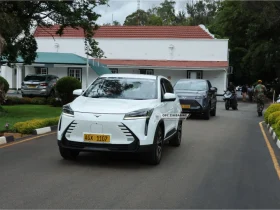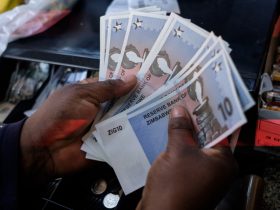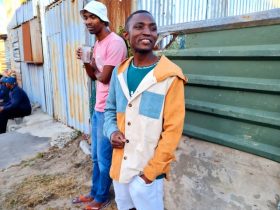On the eve of the May 27 general elections, which saw the ruling African National Congress (ANC) lose its majority for the first time in 30 years of South African democracy, a major change to the country’s drug laws slipped through, barely noticed by most.
Just one day before the historic ballot, President Cyril Ramaphosa signed the Cannabis for Private Purposes Act, making South Africa the first African nation to legalise the use of marijuana.
The bill removes cannabis from the country’s list of outlawed narcotics, meaning adults are now free to grow and consume the plant (except in the presence of children). The bill also stipulates that those who broke the law by committing such deeds should have their records automatically wiped clean. However, it is unclear how this will take place or when and if any of the 3,000 people in prison for cannabis-related offences as of 2022 will be released.
But after years of campaigning and negotiations, activists say the fight is not over yet.
“Ramaphosa, finally found his pen at last, and cannabis is no longer classified as a dangerous, dependence-producing substance in South Africa,” Myrtle Clarke, co-founder of Fields of Green for ALL, an NGO which campaigns for cannabis reform, told Al Jazeera from Johannesburg.
“Now we can move on to what to do about trade, which remains illegal.”

cannabis is no longer classified as a dangerous, dependence-producing substance in South Africa,”
Myrtle Clarke, co-founder of Fields of Green for ALL.
Unlike other countries where cannabis has been legalised, such as Malta, Canada and Uruguay, there is still no way to lawfully acquire it in South Africa as a casual smoker unless you grow it yourself. Selling cannabis remains illegal unless it is for medicinal purposes and has been prescribed by a doctor.
“What the bill effectively does is if for some reason you get caught with some amount of cannabis that a policeman thinks is too much for your personal use, you can’t be charged as a drug dealer,” Clarke explained.






Leave a Reply